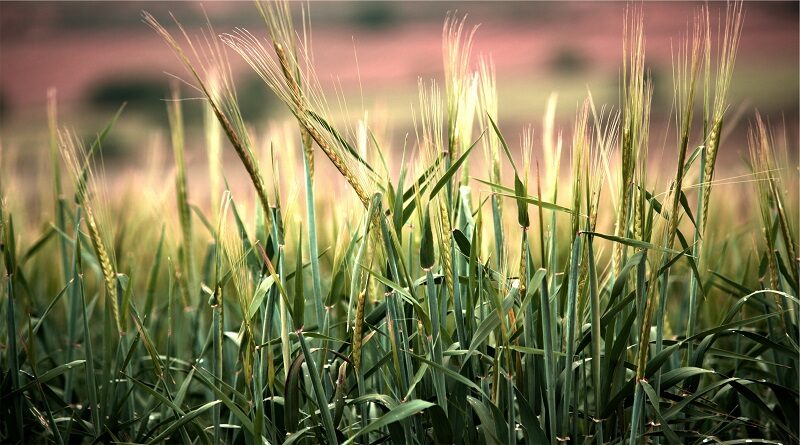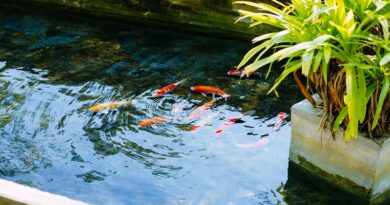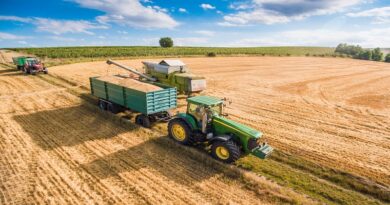Postgraduate Courses in Plant and Crop Science
Have you an interest in plants and crops and want to add to your undergraduate degree?
Here is some of the basic information you might need to begin your journey to finding the right course for you.
What is Plant and Crop Science?
Plant and crop science study the ways to improve crops and agricultural productivity while effectively managing pests. The aim of this is to analyse interactions of plants and crops with the environments they grow in.
What does the job entail
A job in plant and crop science involved conducting research in many fields such as breeding, physiology, management of crops and plants/trees as well as studying the physical, chemical, biological and mineralogical composition of soils and their effect on plant growth.
Courses
There are multiple different courses under the Plant and Crop Science umbrella. Some of these courses give the option of being studied full time or part time. When researching a course that is right for you, it is important to take time to research. While these courses are under a broad heading, there are many to choose from. Here are just a few examples:
Plant and Crop Sciences
Courses in plant and crop sciences focus on research about crops and plants of great importance to the world. Students will look into plants in great details such as genes that control important agronomic traits.
Agroecology, Water and Food Sovereignty
Courses in this area look at the current issues related to food production, access and management of natural resources, climate change and land degradation. The resilient food and water systems as well as the socio-economic and political lenses that show a large range of issues that relate to food and water sovereignty are also key focuses.
Agricultural Sciences and Production Systems
A course in agricultural sciences and production systems focuses on the skills and knowledge needed to, quite simply, keep feeding the world. Students will gain an understanding of the global crop and animal production systems, their impact on environmental quality and come up with solutions of produce management while looking at animal production, economic and social needs and environmental protection, to name a few areas covered.
Entry requirements
Entry requirements may differ from course to course but as they are all postgraduate courses, they will require an undergraduate degree. Most courses will require a minimum of second class honours degree. Some courses may require a 2.1 degree while others may require a 2.2 degree in a related field.
Job options
Some job options you can use your degree in are:
- Plant scientist
- Soil scientist
- Greenhouse manager
- Field advisor
- Agronomist
- Propagation scientist
- Crop consultant
- Horticulturist
- Plant biologist
- Botanist
Salary Expectation
There are many different job routes you can take with a plant and crop science postgraduate degree, as listed above. Your salary will depend on what route you decide to take. For example, the annual expected salary of a soil scientist can range from £16,000-£25,000 whereas, depending on the area of study, a botanist can earn anything from £40,312 to £69,714.
Skills and Requirements
- Interest in science
- Strong reading and writing skills
- Critical thinker
- Strong communicator
- Active listener
- Good analysis and research skills
- Organised
- Good time management




